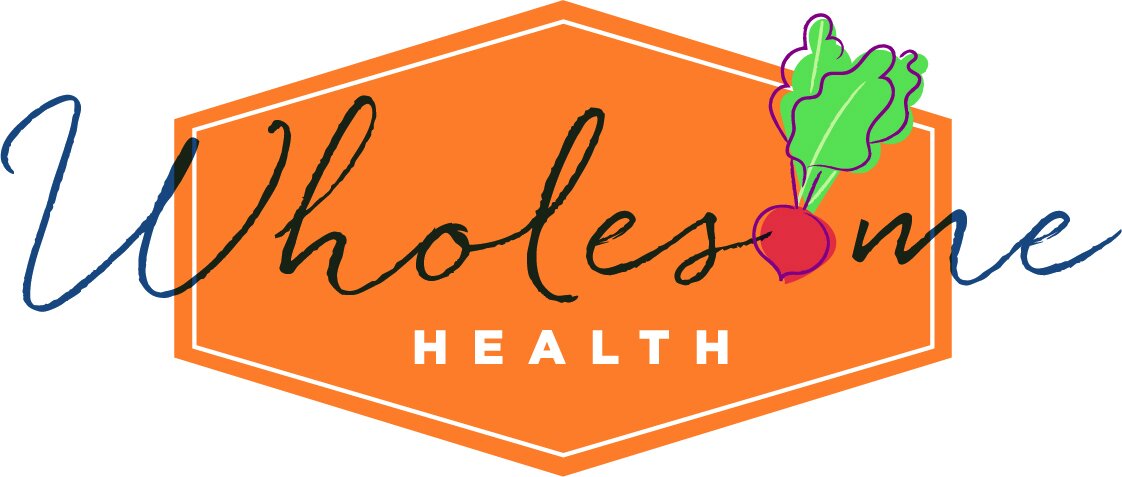When to Start Your Baby on Solid Foods
My baby isn’t quite ready to start solid foods yet, but she will be soon! A lot of you may be wondering at what age infants should start on solid foods, so today’s post will discuss when infants should start on solid foods, how to introduce them, and which solids are best to start with.
When to introduce solids
The American Academy of Pediatrics recommends introducing most babies to solid foods at about 6 months of age. Before this, babies should only have breast milk or formula. Be sure to talk with your child’s pediatrician before starting solids as some babies are ready sooner or later than 6 months. In order to be ready for solid foods, most babies will:
Be able to hold their head up on their own while sitting in a high chair
Show interest in your food by watching you eat or reaching for your food
Open their mouth if offered food on a spoon
How to introduce solids
It will likely take time for your baby to get used to eating solid foods. It’s a good idea to try feeding your baby when he or she isn’t too hungry. You could try offering breast milk or formula and then switching to a few spoonfuls of solid food until your baby gets more used to it. Don’t force your baby to eat if he or she doesn’t want to, just try again later.
Don’t start with multiple foods. Try one thing at a time to ensure your baby doesn’t have an allergy to a food you introduce. Start with one food then wait 3-5 days before introducing something else.
What solids to start with
All foods are typically pureed to start with unless you’re trying baby-led weaning (more about this next week!). The order in which you try food doesn’t really matter, but it might be helpful to start with infant rice cereal, oatmeal, or even pureed meat, as these foods are a good source of iron and zinc, which are important for your growing baby.
I recommend avoiding fruit as the first food because the sweetness may make your baby less inclined to try vegetables which are not as sweet. Some good options to start with include:
Avocado
Butternut squash
Carrots
Green beans
Peas
Sweet potato
Store-bought baby foods are an option, but it’s also easy to make some of your own! Any fruit or vegetable you eat at home can be pureed in a blender or food processor. It’s best to cook most fruits and vegetables, but avocado, for example, can just be mashed up until smooth. Check out this website for information on preparing your own baby food purees at home.
Starting solids for your little one can seem like a daunting task, but it doesn’t have to be! Just know it can take time for your baby to get used to solid foods and that’s okay. In the coming weeks, I’ll discuss more about introducing babies to solid food such as potential allergens and how much to feed, so stay tuned!



